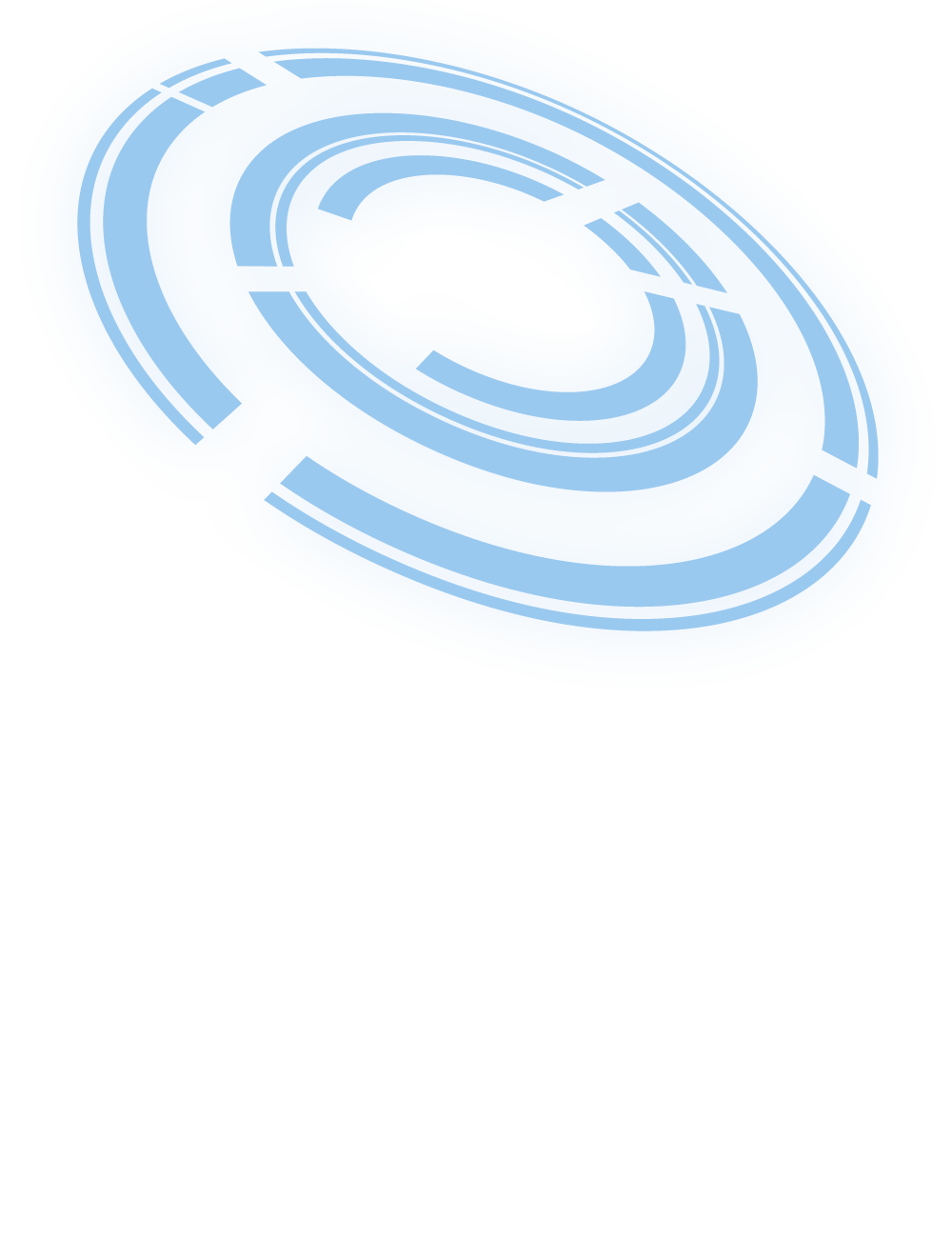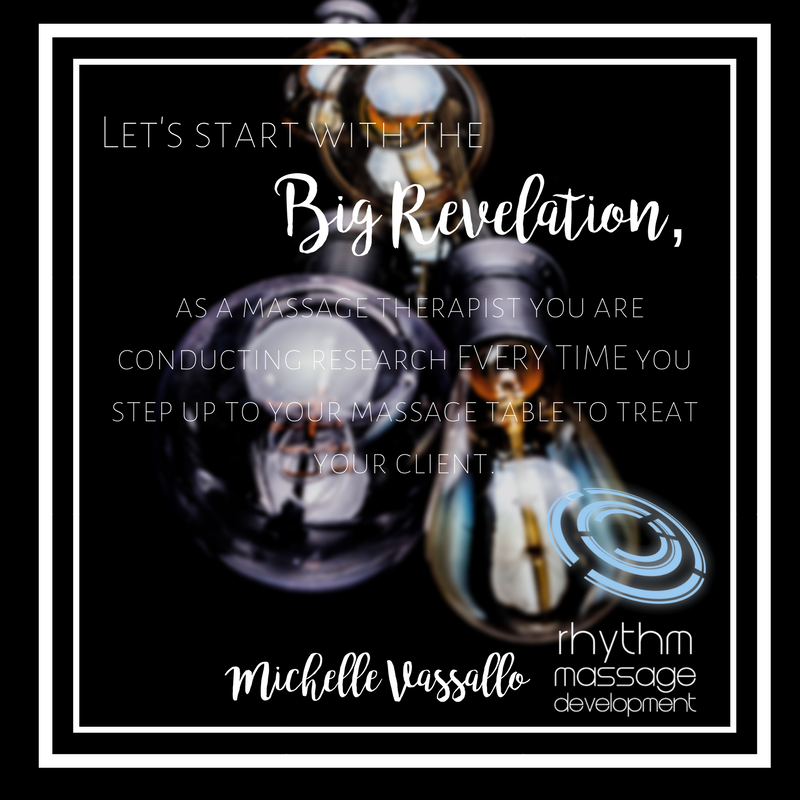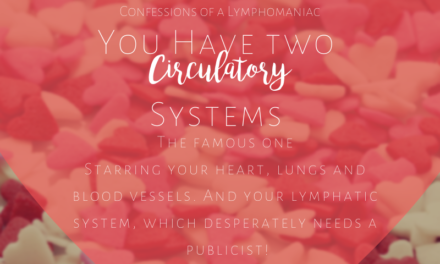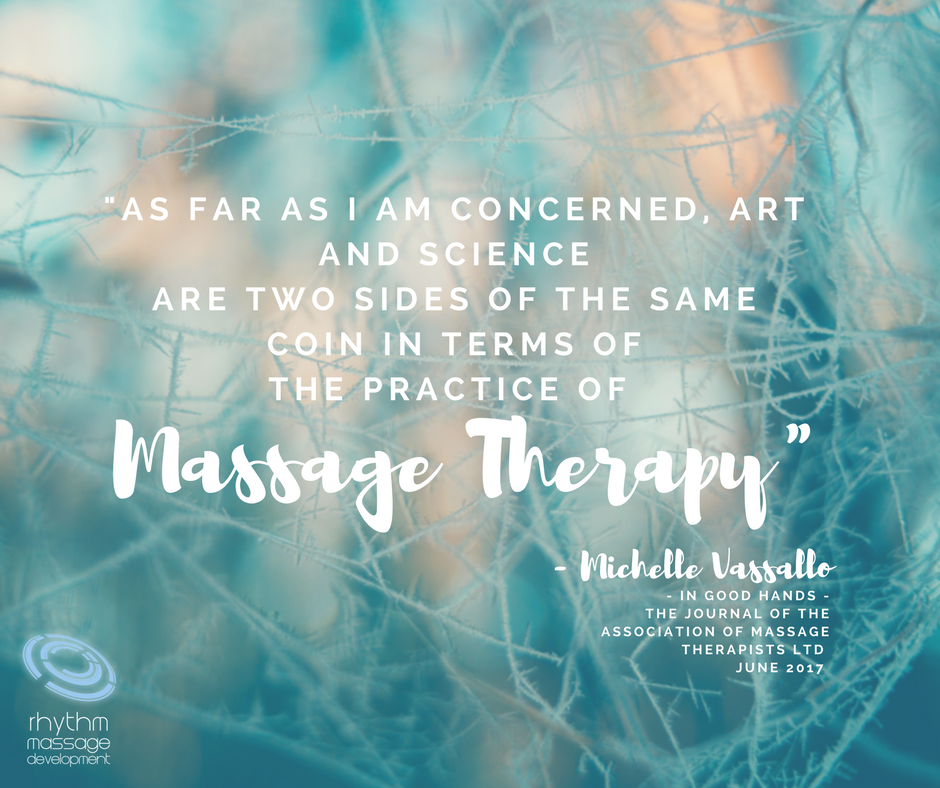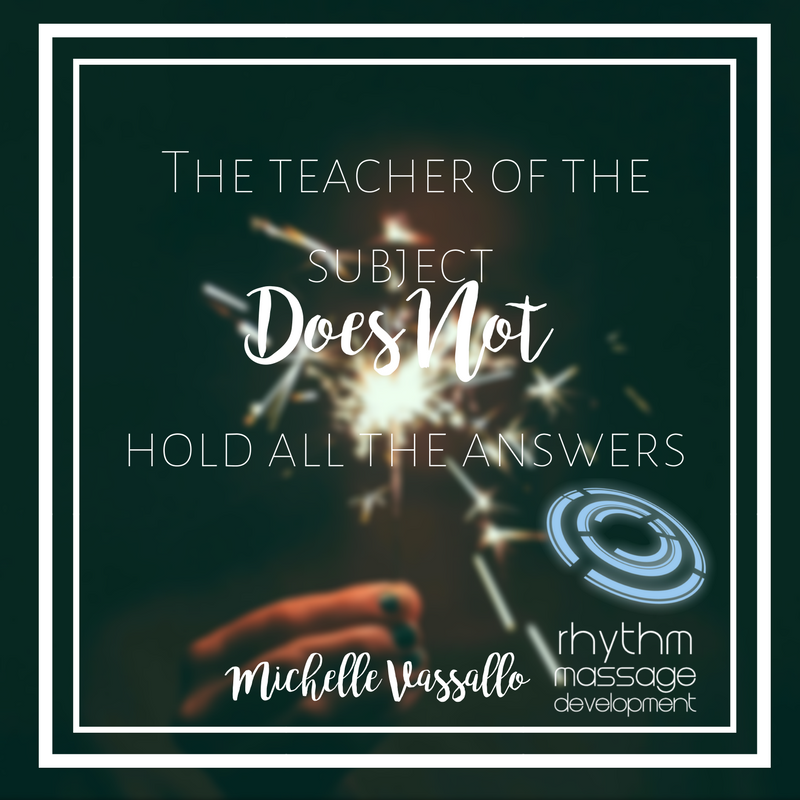Recently two close friends of mine died, within two weeks of each other –both to cancer. It was not that these deaths were unexpected –both knew that their days were numbered and yet both continued to ‘live’ right up until the moment they were gone.
I knew they were going as well but the pain that I felt when they left was deep, unyielding, suffocating, confusing and numbing. In itself that fact is unremarkable. There are many people who lose loved ones due to what is often seen as the “worst scourge of civilized mankind” (1) CBMH/BCMH Volume 20:2 2003 p251-263
What is more remarkable though is the way that both of those deaths affected personally.
The heavy weight of grief is like a fog that never clears or a pain that you feel in your chest that has no physical component even though it feels like your heart is being crushed. It is therefore easy to forget that when death knocks on our door (in this case twice in two weeks) we are being called upon to reflect and take stock of not only the deep and unabating nature of what it is to be human, but also to review what our place in the world is and how we could be learning from death to move forward living our best lives possible –it’s a sobering thought that one day our turn (and all those that we love) will come. I am no stranger to death. I have written and spoken about it, produced an online course and also lived with losing four of my immediate family over the course of my almost fifty years. You would think with that kind of experience and knowledge I would be better positioned to deal with the emotional, physical and spiritual fall out.
The truth is I’m not. I am not immune to the overwhelming sense of sadness that stops you in your tracks and makes you immobile and unable to face the day. I have knowledge of the tools that people use to cope with death, but theory and practice are wildly different
Knowing the theory of something is not like ‘living’that same something –they are worlds apart. Instead of writing about the process of grieving and how we absolutely have to be in it rather than observing it, I thought long and hard about what I could offer in light of the ‘gift’ of reflection that those two deaths thrust upon me. What could I share with loved ones and friends about what I learned? How can what I learned to help others navigate the spiritual and emotional void found at the center of grief.
The very first thing I learned did not come in a moment of reflection, or a conversation with an adult –it came instead from my youngest son –8 years old and truly wise beyond that limiting biological number. He was the only other person present when I heard about both deaths. He was my witness at that moment when the world crashes down and you weep from the sadness and loss that is so acute.
Instead of trying to do anything he simply wrapped his arms around me a held me while I cried. I did not mind him seeing this because even at such a young age death is part of life. It was what he did later on that showed me another way to look at the situation. He quietly went off on his own to his room and made me something which hangs above my bed and will probably be there until the ink fades. He drew my head and body complete with brain and heart. He took paper squares and stuck them over those organs. He gave me the drawing and told me to lift the flaps –first the brain and then the heart. Underneath each paper flap were the names of both my friends. And then he said,
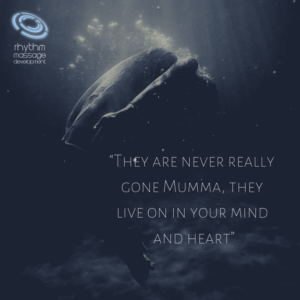
At that moment my boy summed up so simply and eloquently the wisdom of his young vision –they are never really gone.
“They are never really gone Mumma, they live on in your mind and heart”.
Since then I have had time to reflect and as the pain has become chronic and less acute, I have been afforded moments of clarity. The feelings subtly shift and instead of the burning grief, there are echoes of the loss in moments that you least expect it, a memory will be triggered, and you find yourself mourning anew, the shadow of their passing cast long and deep over the everyday minutia of your life.
In those moments of clarity, I have been able to reflect on what it is that I learned from these two brave and courageous women as I witnessed up close their respective individual journey towards the end of their lives. In order to honor them, I wanted to share a couple of the other important things that I learned.
The next lesson came early on when the diagnosis of one of my friends was new. She cried on the phone to me and I remember her words as clearly as if I heard them now, “I just want my old life back”.
At that moment I would have done anything to be able to have made that a possibility. I held onto hope that things would return to ‘normal’ even though the odds were not good. I thought about those words and understood that perhaps one of the greatest lessons lay in that simple phrase. If you knew that you were going to die soon what would you be wishing for? Would you be wishing for your ‘old life back”?
No matter how boring, tedious or unfulfilling you found it would you swap it for death? As Frank Ostacheski alludes to in his interview with Sam Harris (reference here) we are all part of the game of life, able to change anything we truly want to, except the clock that counts down our days on earth, that is the one thing we cannot change.
The reality is that you never know when it will be the last day of your ‘old life’. The lesson here is to be conscious of the multitude of gifts around you and make the changes you want to see in your life. Do it NOW, the trip, the plan, the party, the adventure, the life change. Do not wait for the world to change things for you, live your ‘old life’with a new sense of energy and appreciate all of it –the good, the bad and the downright dastardly. You never know when you or one of your friends will be wishing for your‘old life back’.
The final thing I learned is that it is possible to really embrace living, even when we know we are going to die soon. Bravery comes in all shapes and sizes. The bravery I witnessed from my two friends in the face of the ultimate human challenge inspired me to understand that just because you have a time frame and diagnosis does not mean that you have to stop living. I watched them both with awe. They respectively found ways to enjoy every minute they were able to, buying the ring they always wanted, learning how to cook that special dessert and having amazing family photos taken. One of them told me that her last Christmas and New Year’s was her ‘best one ever’.
I was stunned but then came to understand that she really meant it. I saw her revel in every moment, knowing it would be her last. I wondered how I would face that challenge; would I stop living and sit still in numb shock wasting my final opportunity to engage with loved ones or would I step up and embrace that challenge making the most of every second I could? I hope that when my turn comes, I am as brave as them.
Now that they are both gone, I am struck by the knowledge that they were both able to experience what I would term a ‘good death’. In the palliative and death doula literature there are a few key elements that make up a ‘good death’
Knowing that death is coming and having some understanding about what to expect
Having some control over pain relief and symptoms
- Being able to control where death will occur and how it will happen
- Having the opportunity to prepare for death and say goodbye
- Having few regrets
- Mending or reconciling broken relationships
- Being cared for by those that understand your wishes and will see that they are carried out(reference HC and DD workbook)
Practically every one of these tenements was achieved by both my friends. I feel so privileged to have been allowed into this space to learn about what it is to live and die with dignity, grace, love, and acceptance. I am so grateful that I was twice able to witness a ‘good death’, not just the definition in the literature but in real raw human terms.
Thank you, my beautiful friends. You are never gone. I am filled with gratitude for the lessons you both shared with me and even though I don’t know where you have are you will never be far from my heart.
